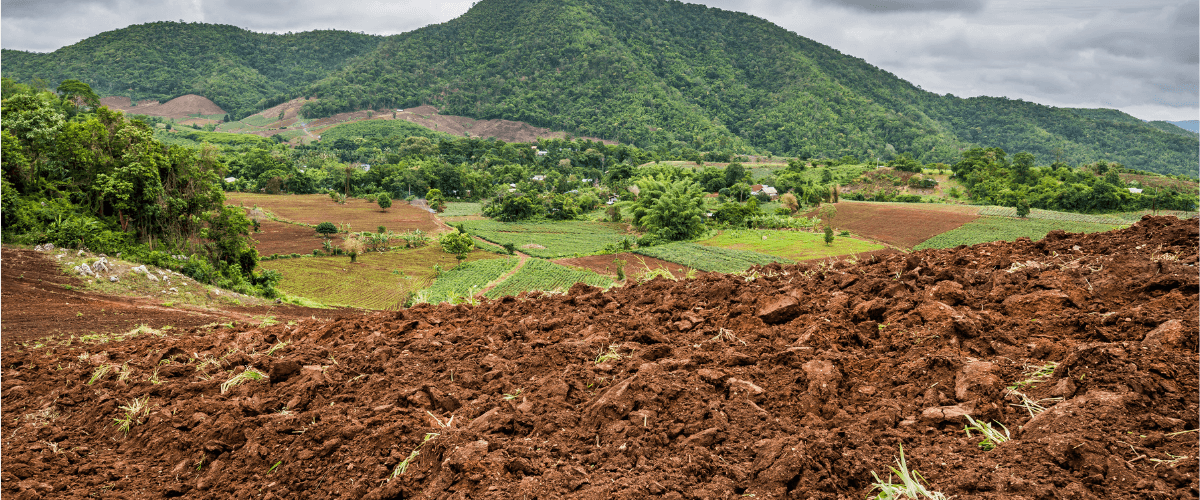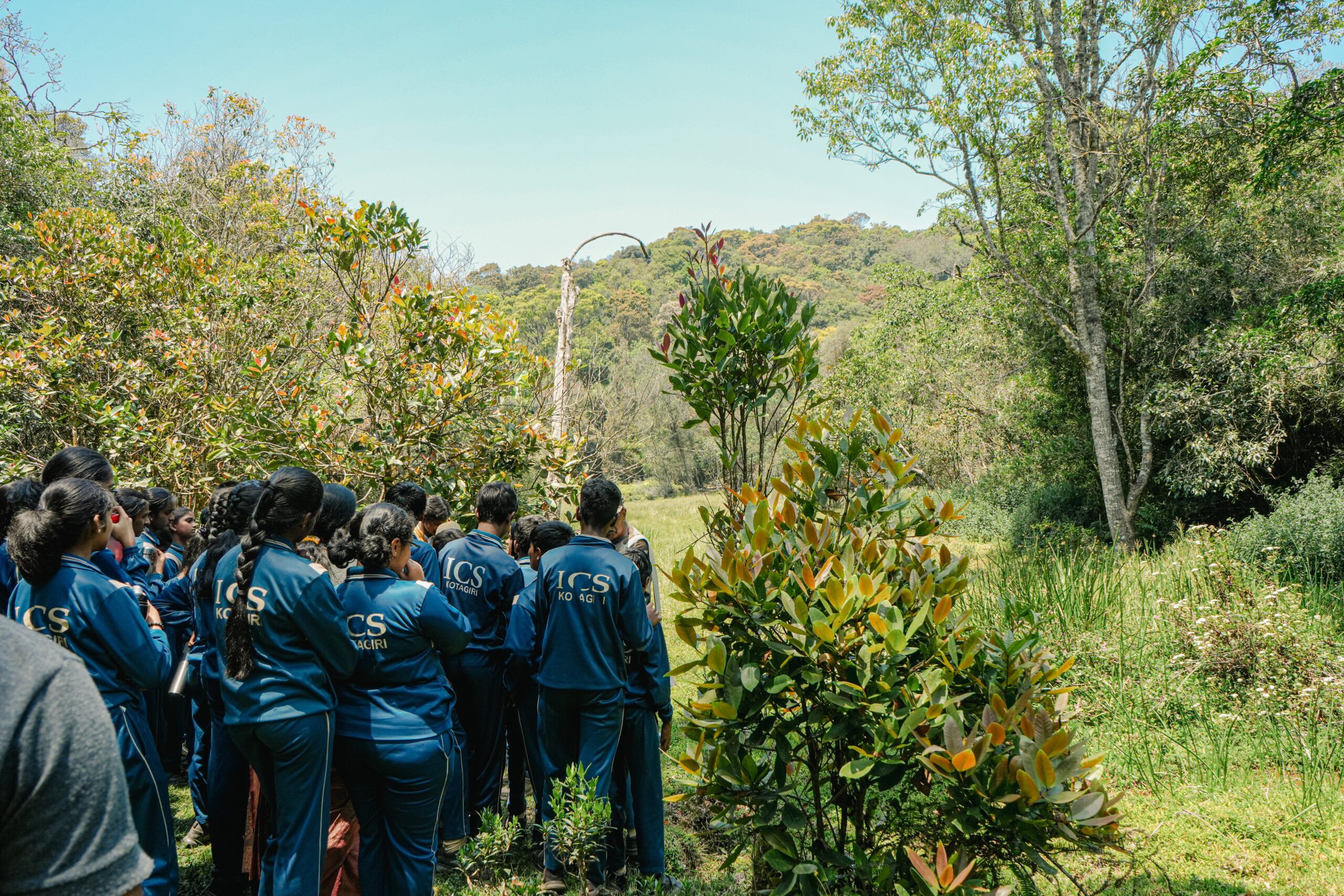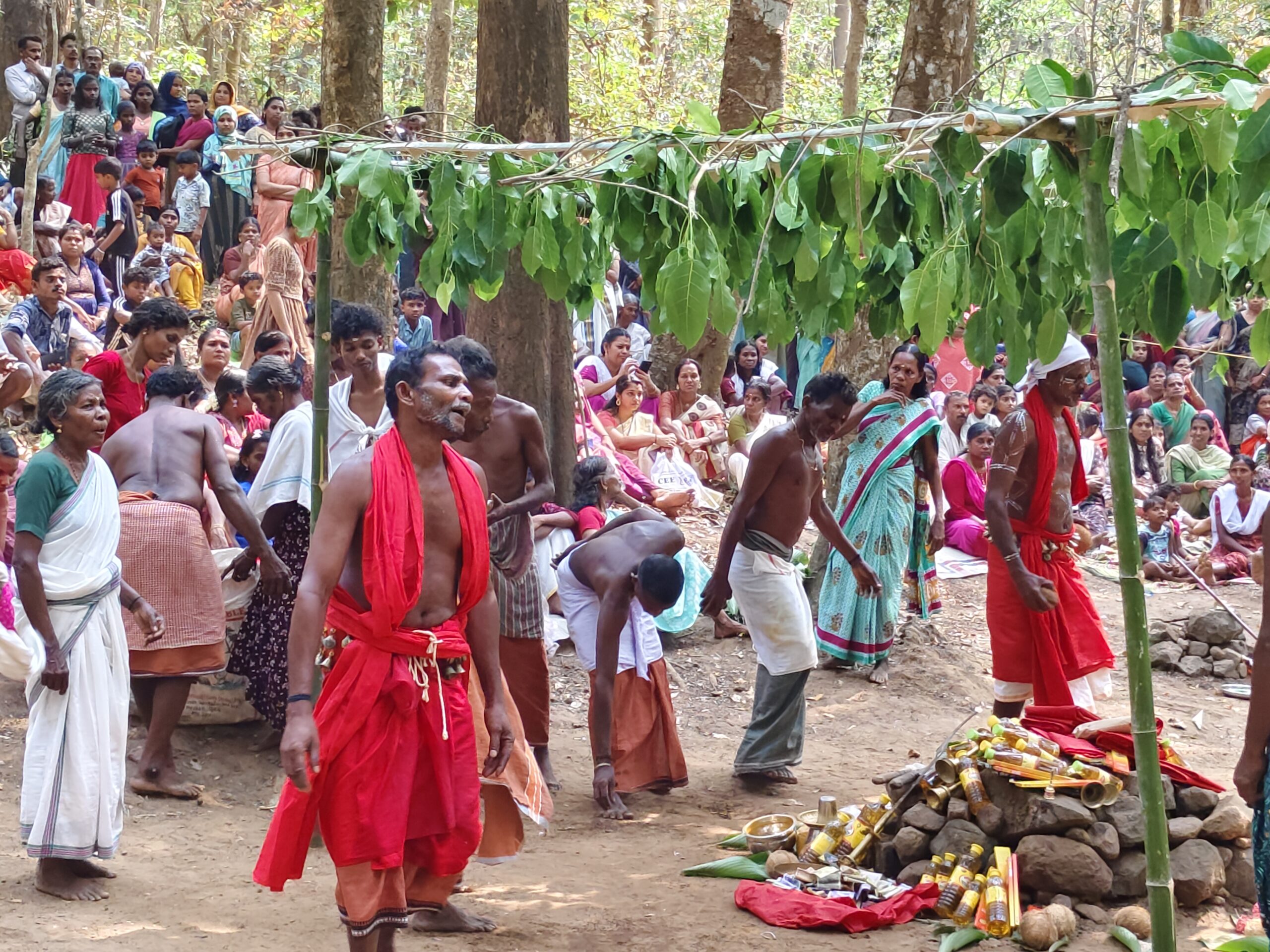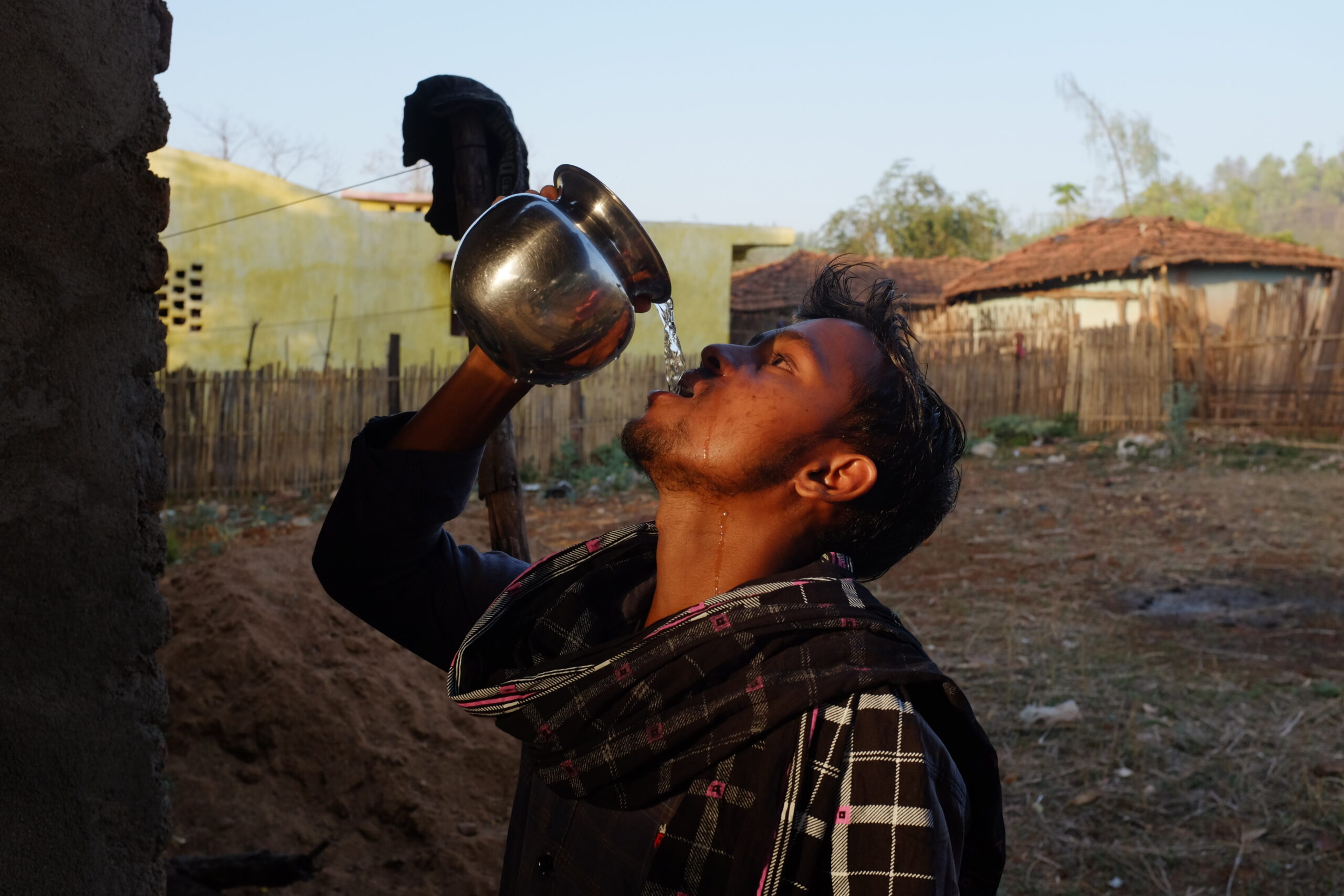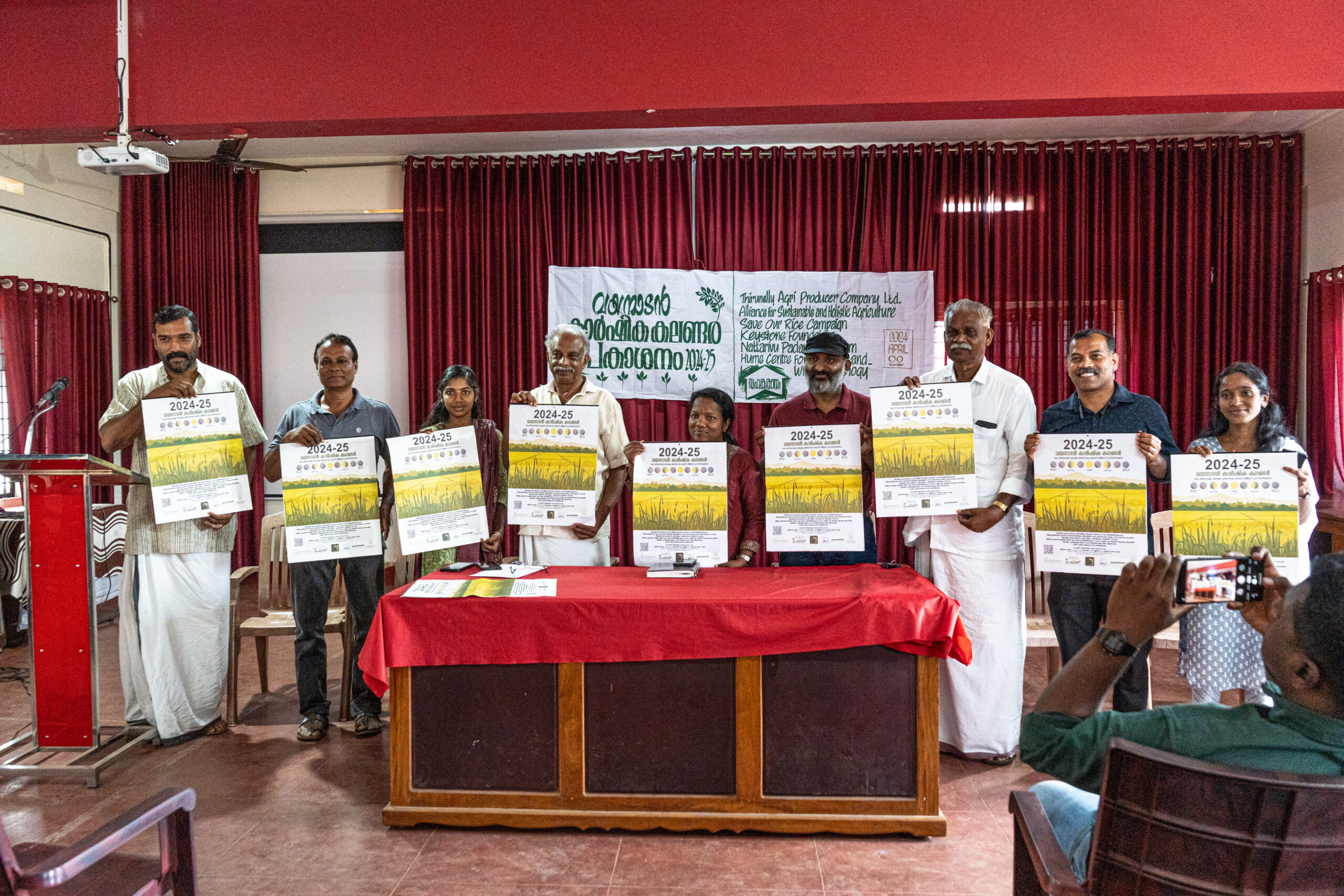The Using Diversity Network is launching a study on Shifting Cultivation practices of different PVTGs across India. The study will explore the current status of the different shifting cultivation practices, changes that have occurred in these practices, benefits the communities receive from these practices and why they continue to practice as well as challenges being faced. The purpose of the study is to generate a better understanding of these practices and to guide the development of strategies to promote, strengthen and revive them and also for policy advocacy on this issue.
The shifting cultivation study is commencing in July 2021 and in this regard, two online training sessions were held on the 10th and 12th of July 2021. Participants included partners, field coordinators and fellows from organisations associated with the Using Diversity and Habitat Rights project. States represented included Madhya Pradesh, Chhattisgarh, Jharkhand, Odisha, Kerala and Tamil Nadu.
The session on the 10th of July involved “An Introduction to Shifting Cultivation Practices”. The session commenced with a presentation by Keystone’s founding Director Snehlata Nath. Sneh shared a national and global perspective of shifting cultivation, discussed the importance and significance of shifting cultivation to several indigenous communities, reflected on the benefits of such practices, provided an overview of how shifting cultivation works, explored current changes and projections regarding the decline in shifting cultivation across the globe. She concluded with a reflection on policy and shifting cultivation and the need to think about the future and role shifting cultivation can play in terms of sustainable agricultural practices.
The second speaker, Naresh Biswas shared his experience with Bewar of the Baiga people and other shifting cultivation practices. Naresh has been working for over 20 years with the Baiga and other indigenous communities on issues of traditional shifting cultivation practices, traditional food systems, wild and uncultivated food and forest rights. He shared grassroots stories and experiences from the field highlighting the significance of shifting cultivation practices to communities like the Baiga, Pahari Korwa and Bhariya, changes in these practices, perception of outsiders and efforts to strengthen these practices.
The presentations were followed by an open forum where participants shared their experiences and challenges being faced in their areas.
The second session on 12th July focused on the study format and participatory research methods. The session began with an overview of the survey format which has been prepared for the Shifting Cultivation study. This was followed by a session on participatory research methods by Dheeraj. Dheeraj works with PRAXIS and has a wealth of experience in the realm of community mobilization, community institution building, participatory monitoring and evaluation, decentralized micro-planning, and developing implementation systems. He has directly engaged with communities in the area of gender equality, sustainable livelihoods, and realization and access to rights and entitlements. Dheeraj started with an exercise that involved participants studying an image and sharing and describing what they saw.
Different participants saw different things, some saw an old woman, some a young fashionably dressed woman and others a woman in traditional dress. This exercise highlighted how different people have different outlooks and ways of looking at things, so when working with communities we as facilitators should be mindful of different perspectives and seek to unearth all the different points of view.
He discussed different approaches to participatory research, the role of a facilitator and introduced the participants to a few tools that would be useful in the research they are about to carry out. The participants shared their experiences with research they have carried out with communities, challenges they face and plans for future research.
The session ended with a plan to undertake initial research for the shifting cultivation in the next 2 months after which we could meet again to analyze progress, discuss findings and deliberate on future steps.

